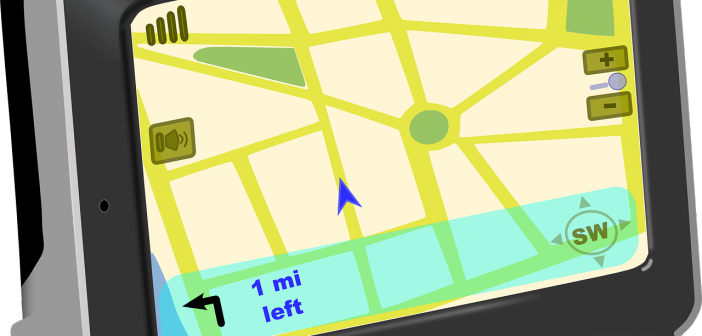Have you ever asked for directions? The practice was much more common in pre-GPS days. As a pastor in small towns and rural areas of Mississippi, I often asked for directions, especially when new in the community. I quickly learned that directions that sound so clear when hearing them become quickly confusing once you start out to find the location. At least half the directions I received had major flaws because of something the person giving the directions took for granted and failed to mention.
The “curse of knowledge” plagues churches where everyone there has knowledge that new people do not have.
I now know there is a reason for poor directions. It is called the “curse of knowledge.” This means that once you know something, it is impossible to put yourself in the place of someone who does not have the knowledge. Even with effort and good intentions, a person cannot approach any subject in the way that the person without the prior knowledge does. Since you cannot “not know” what you know, you give flawed directions or explain something in ways the person without your prior knowledge cannot understand.
The “curse of knowledge” plagues churches where everyone there has knowledge that new people do not have, and thus we inadequately understand the needs of those just arriving. The “curse of knowledge” manifests itself especially in inadequate and unclear signage, bulletin language, and announcements.
There is no cure, but there are some ways to reduce the symptoms.
- Engage new people immediately to identify gaps in signage or language. In a few weeks, they cannot help you because, by then, they too will have the curse of knowledge. Use this as a reason to ask for their help in making your church more hospitable.
- Ask some members to pretend they are coming to your church for the first time. Have them notice everything from parking through leaving with an “outsider’s eye,” to the extent this is possible. Ask them to make notes at every step along the way or pull them together to debrief before leaving.
- Be sure to involve people of different ages and stages in life since they will often see different things. You need to hear from them all.
So, until there is a GPS to guide newcomers to your church, you need to remember that conventional “directions” will always be inadequate.
Related Resources:






